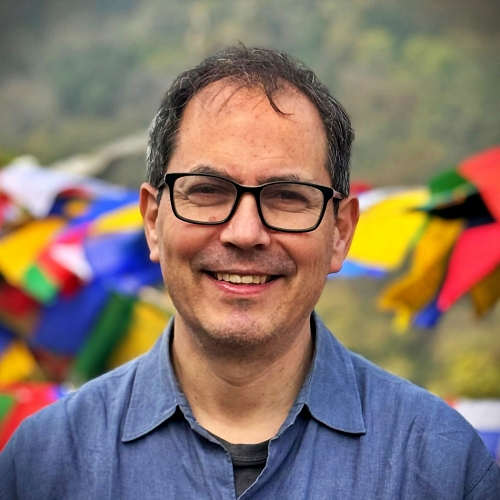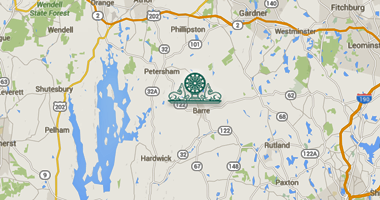As the First Noble Truth, the Buddha pointed to dukkha: some experiences are painful; enjoyable experiences are impermanent; and all phenomena lack an enduring essence.
Dukkha is routinely (mis)translated as “suffering” or “unsatisfactoriness” – but these are not inherent in it! The Buddha’s liberating teaching in his Second Noble Truth is that it is tanha – “craving” – which turns dukkha into suffering.
Biologically, we crave when we feel something is missing or wrong. So, in this conversation with Rick Hanson, we'll explore how to build up a sense of fullness and balance that’s hardwired into the nervous system, and grow the inner strengths that can meet our needs without craving . . . and face the challenges of life with an unshakable core of contentment, love, and inner peace.
This conversation will be informed by Rick’s recent book, Neurodharma: New Science, Ancient Wisdom, and Seven Practices of the Highest Happiness. We will be particularly focused on the selection published in the BCBS Insight Journal, on why life is not inherently suffering.
This program is co-sponsored with Being Well, Inc.




